Tacky or Techie? The Tachometer.
August 19, 2018
There's a gauge that many vehicles have that says RPM on it. And there are a lot of people who either don't pay any attention to it or don't even know what it is. Here's why it's a good gauge to know about.
It's called a tachometer, and that "RPM" label means it is measuring how many revolutions per minute (RPM) the engine is turning. Automotive experts know that a vehicle's engine can be damaged if it turns too fast (revving too high) or too slowly ("lugging" the engine).
A tachometer (sometimes called a tach) is almost a "must-have" gauge for vehicles with a manual transmission; the driver has to manually change gears; the tach helps the driver know when revolutions are in the optimal range.
Some say you don't need a tachometer if you drive a vehicle with an automatic transmission. It's true that most drivers of automatics don't even look at it. But there are times when paying attention to the tach can help you prevent an expensive repair.
Here's a good example. Manufacturers now build many of their automatic transmission vehicles with shift paddles. They let you shift gears without a clutch. That's manual shifting, and drivers need to know they're not revving the engine too high. That's where the tachometer comes in, since it shows you visually when you are in the red zone (RPM too high).
Here's another way the tach can help you: fuel economy. Generally speaking, the lower the RPM, the better the fuel economy. It's not good to go too low, of course, and the tachometer will help you find that spot of maximum efficiency.
You can also spot problems by paying attention to the tach. When your vehicle stays in first gear longer than usual (higher reading on the tach), then the RPM dip lower than usual after shifting, it may be that your vehicle's transmission is skipping a gear. Plus, if your vehicle's RPM go up but your speed doesn't, it could mean your transmission is slipping. Either situation should be checked by a trained technician.
If your commute takes you down some long grades, you might like to put your vehicle in a lower gear to help slow down the car (and not burn up the brakes). Having a tachometer keeps tabs on when your engine is revving too high.
So, consider the tachometer a "bonus" gauge. It's one more helpful assistant that can help you spot and prevent problems in your vehicle.
Need Service?
More articles from Elite Tire & Auto Care

A Bright Spark (Ignition Coil Replacement)
March 30, 2025
Ever wonder how your vehicles engine is able to take the 12-volts from its battery and ramp that up to as high as the tens of thousands of volts it takes to fire its spark plugs? The secret is something called an ignition coil. Most newer vehicles have an ignition coil at each cylinder, but olde... More

Losing Your Cool (Why is My Air Conditioning System Not Working?)
March 23, 2025
When you turn on the air conditioning in your vehicle, you expect cool air to come out of the vents. You depend on it, especially in hot weather, but it can also be important in humid weather when you need it to help defrost your windows and windshield. The air conditioning system has a lot of p... More

The Part You've Never Seen (Flat Tires and Solutions)
March 16, 2025
They say your vehicle has one, but you've never seen it. And you might not even know it if you stumbled on it accidentally. We're talking about the jack, that tool that allows you to lift one corner of the vehicle up so someone can change a flat tire. So you say you'd never try to change a flat ... More











